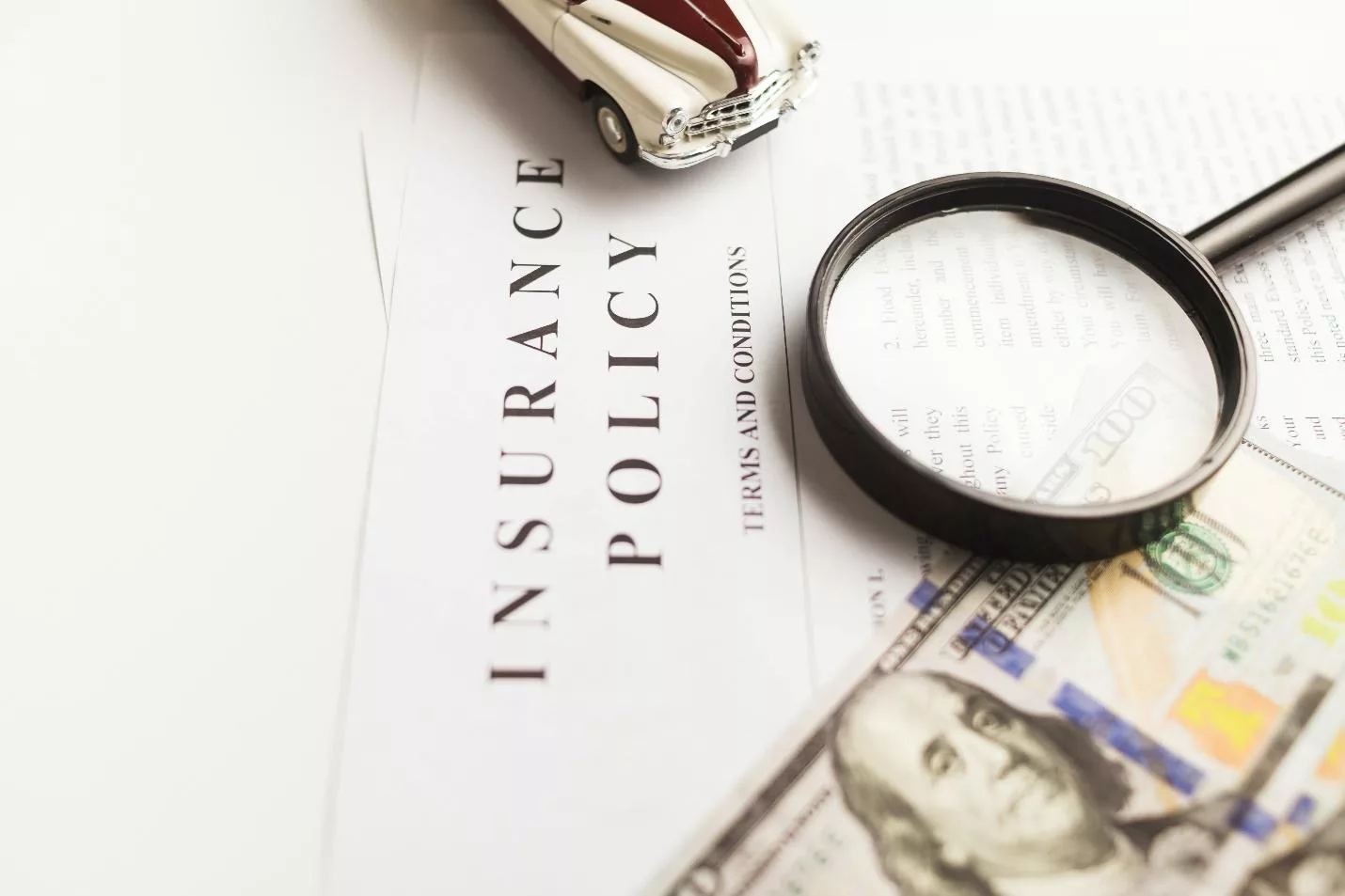You must contact your insurance company after an accident to notify them of the incident. Once it has been determined who is at fault, you can file a claim through their insurance. There are three possible outcomes:
- Approval
- Rejection
- Insurance asks for more information.
An insurance adjuster will review the evidence as they investigate your claim to determine settlement. No claims for compensation are approved until the insurance company can determine what happened and who is at fault.
If your claim is approved, the insurer will offer you the first settlement offer. This is usually a low number and often not fair compensation.
We recommend that you do not accept the initial settlement offer. Remember, an insurance company is a business that benefits from making low payouts.
On the other hand, your claim may get rejected. Here are some reasons why.
1. Liability Is Disputed, or Both Drivers are Liable
It is essential to read and understand the terms of your insurance policy. Certain behavior on the road may void coverage and result in the insurance company denying your claim.
For instance, texting while driving or driving under the influence of drugs or alcohol voids your coverage.
The insurance company may also deny your claim if a crash occurs while an unlicensed driver is using your vehicle.
A policy is a contract between you and your insurer, so any behavior that violates the policy results in the denial of your claim.
Your claim may also be denied if there is a dispute about which driver is liable and the insurance companies involved cannot agree on who is at fault.
In such cases, both drivers seek to hold the other party at fault simultaneously, resulting in a back-and-forth.
As a result, the case comes to an impasse, leaving both drivers to wait as the insurance company investigates the claim.
2. Failure to Get a Medical Evaluation
Most drivers who do not have any signs of physical injury usually put off seeking medical evaluation. However, they may have sustained injuries that appear days or weeks after the accident.
Without a medical evaluation, it is impossible to determine whether these injuries were sustained from the accident.
Even if you do not have any physical injuries, getting a medical evaluation guarantees you a clean bill of health. It also helps you discover any internal injuries from the accident to support your claim.
If you wait too long to get your injuries documented and diagnosed, the insurance company may deny your claim and dispute that the injuries occurred during the accident.
Even if you suffer a lifelong injury, if you cannot prove that it resulted from the accident, the insurer can deny your claim leaving you with costly medical expenses.
3. Your Claim Exceeds Your Coverage
As a general rule, you must ensure that your insurance policy matches or is more than your needs.
For instance, if your car is worth $100,000 and you get into an accident with a driver with only $50,000 coverage, the insurance may deny your claim.
Some insurance companies offer to compensate the injured driver up to the policy limits, while others offer room for additional coverage.
However, some insurance companies deny the claim if the damage exceeds the coverage.
4. Delays in Reporting the Accident
It is your responsibility to notify the insurance company immediately after an accident. In some states, insurers give policyholders up to 10 days to report an accident that resulted in a fatality or damages worth over $1,000.
Failure to notify the insurer of an accident within the outlined timelines may result in the company denying your claim, even if there was a fatality or expensive damages.
Your insurance company can claim they did not have enough time to investigate the claim to determine liability while the evidence was still preserved.
5. Bad Faith
Insurance companies are regulated by the state under which they operate. Generally, all insurance companies are required to act in good faith and deal fairly with all policyholders regardless of the type of claim.
However, it is not uncommon for some insurers to act in bad faith. If your insurance company denies your claim without providing the reason behind their decision, they may be acting in bad faith.
Any insurance company that denies, delays, or undervalues a claim is acting in bad faith and may be legally liable. You can sue the insurer acting in bad faith for breach of contract or file a complaint through the Department of Insurance in your state.
Some examples of bad faith include:
- Forcing you to file a lawsuit to get fair compensation.
- Failing to provide a legitimate reason to deny your claim.
- Delaying settlement when there is a clear liability.
- Denying your claim without performing investigations
- Failure to investigate using realistic standards.
- Altering your policy after a claim has been filed.
To prove bad faith, you must show that:
- You did not receive the benefits you are entitled to, as stated in your policy. Policyholders must also prove their claim is valid and within their policy and that the insurer disregarded and denied their claim.
- Benefits under your policy were unreasonably withheld. You may have a valid lawsuit against your insurer for acting in bad faith if they did not factually and fully assess your claim.
How to Avoid Your Claim Being Denied
Before filing a claim, it is critical that you follow all the necessary steps to avoid your claim getting denied. Following these steps also improves your chances of getting maximum compensation. These steps include:
- Gather plenty of evidence.
- Document and record every detail of the case.
- Speak with witnesses.
- Visit the hospital immediately after an accident.
- Obtain incident or police report.
- Be prepared to negotiate as the first offer will usually not match what you deserve.
Immediately after an accident, take the other driver’s name, license plate, and insurance information.
Do not talk to anyone as you might get tricked into admitting liability. Allow the insurers and police to investigate and uncover the facts.
As you file your claim, it is important to remember that the process takes time. Consider making alternative transport arrangements as you wait for your claim to get approved.
Should You File a Lawsuit Against Your Insurance Company?
As discussed earlier, it is critical to read and evaluate your policy. Confusing language and complex insurance laws make it difficult for most policyholders to file a claim after insurance.
However, with the help of an attorney you can negotiate your claim and receive a fair settlement.
An experienced lawyer can help you fight denial and even sue your insurance company if they are acting in bad faith.
You may have to fight to get compensation as the insurance company will also fight to give you the least settlement to protect their profits. This process is even more complicated when you are suing a third party.
If an insurance company denies your claim, contacting a personal injury lawyer ensures that they hold up their end of the policy. Most attorneys will offer you a free consultation and work on a contingency basis, meaning they only get paid when you win.
An attorney can also help you investigate your case, examine your claim, and review the actions of your insurance company to determine whether they acted in bad faith. Do not walk away after your claim has been denied. Get in touch with a personal injury attorney to fight for your right to a fair settlement.


